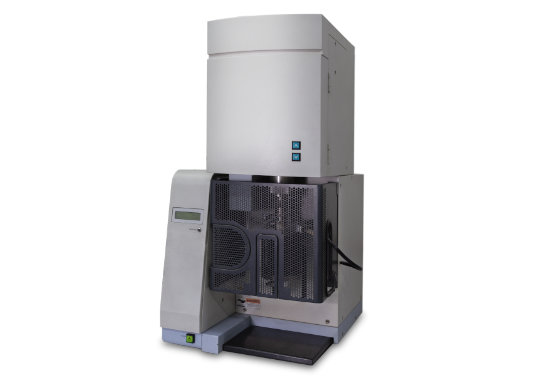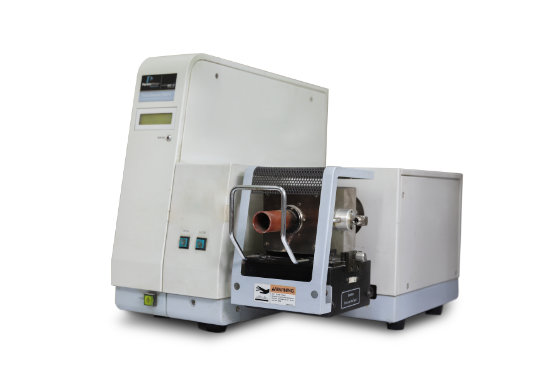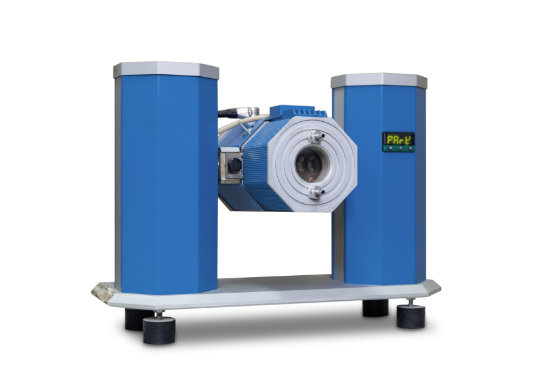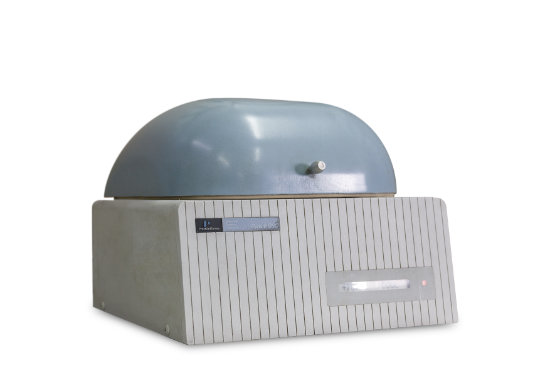Thermal Analytical Service

Thermal Mechanical Analyzer (TMA)
Thermo mechanical analysis is the measurement of a change in a dimension of the sample while it is subjected to a progressive temperature changes.
The TMA measurement system is a small probe that is pressed with a small force against the surface of the sample. As the temperature increment progresses, the material undergoes the transition and produces an indentation / displacement on the probe which translates into dimensional changes of the tested samples.
Thermo Gravimetric –
Differential Thermal Analyzer (TG-DTA)
Thermogravimetric analysis is an analysis method which determines the changes in weight in relation to changes of temperature for the sample.
DTA is slightly different than DSC in sense of measurement principal. In differential thermal analysis, the heat flow to the sample so the temperature compared to reference remains the same. When the sample and reference are heated identically, it detects difference in temperature between the sample and reference caused by phase changes and other thermal processes over a temperature range. DTA are also called heat flux DSC.
When both techniques combine together, simultaneous TG-DTA measures both heat flow and weight changes in a material as a function of temperature or time in a controlled atmosphere. Simultaneous measurement of these two material properties allows differentiation between endothermic and exothermic events with no associated weight loss and those that involve a weight loss.


Dynamic Mechanical Analyzer (DMA)
Dynamic Mechanical Analysis is a technique used for studying the viscoelastic behavior of materials. A sinusoidal stress, displacement amplitude and frequency is applied over a predetermined temperature range and the strain in the material is measured to determine the variations in complex modulus as function of temperature. This approach can be used to locate the glass transition temperature of the material, as well as to identify transitions corresponding to other molecular motions.
Differential Scanning Calorimetry (DSC)
Differential scanning calorimetry is an analytical technique in which the difference in the amount of heat required to increase the temperature of a sample is measured as a function of temperature.
The basic principle is that the difference in amount of heat flows to the sample than the reference to maintain both at the same temperature when the sample undergoes a physical transformation.

We tailored made to meet customer requirements.
Let’s discuss how our specialist can help.
We are also looking for Representative to sell our products worldwide.